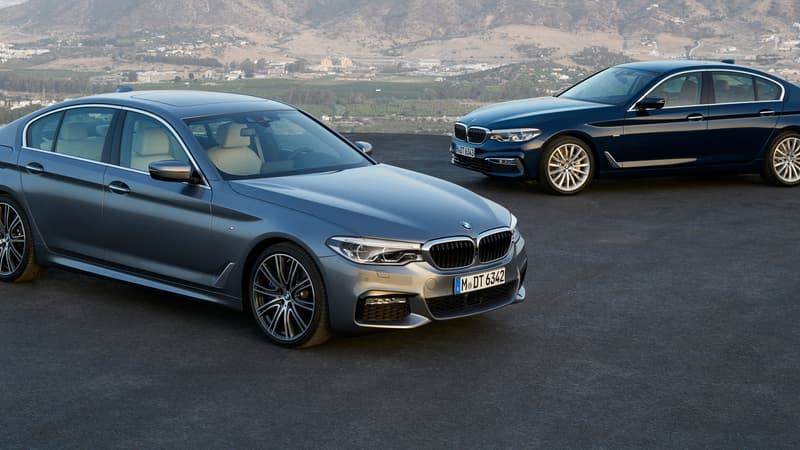As expected, the concerns multiply after the announcement, on Sunday, July 27, of an agreement concluded between the United States and the European Union on customs duties. In Germany in particular, the automotive sector seriously fears 15% that will apply to European cars that enter American soil.
The German Federation of the VDA automobile sector deplore that these rights “weigh on German car manufacturers.” “They cost thousands of millions every year to German car companies,” said Hildegard Mueller, president of the German Automobile Federation VDA.
For the automotive sector, the pillar of the German economy and the country’s first industrial sector, this customs surcharge will be added to an already difficult situation between the increase in Chinese competition and the cost of the turn towards electric mobility.
13.1% of German cars exported to the United States
The United States last year represented the first output for exported vehicles from Germany (13.1%), even if many German manufacturers have factories located on the other side of the Atlantic where it produces for the US market.
In France, the Minister of Industry and Energy Marc Ferracci also called not to exclude the use of the anti-coercion tool. “A tool that we should not deprive ourselves to use. This allows, for example, to limit access to US companies to European public procurement, this allows you to introduce a penalty of certain players such as digital platforms,” he said.
The agreement between the EU and Washington provides customs tariffs on all European imports in the United States, at a single rate of 15%, including all existing taxes. European car manufacturers have been paying customs duties of 27.5%since April.
Source: BFM TV


